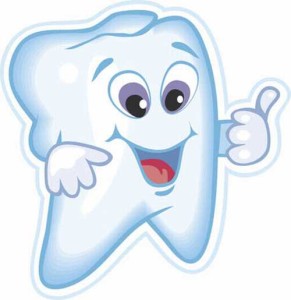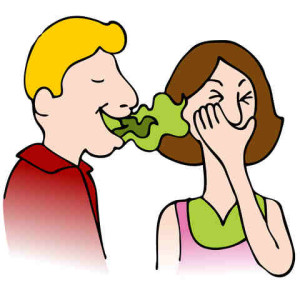All of us know how important it is to eat well and practice balanced diet. This scheme doesn’t just help general health to improve but also your oral health. When practicing healthy lifestyle, individuals are advised to watch out on sugary food and drinks. Foods that are rich in sugar promote obesity. This condition is known to have connections with oral problems, like cavities. Oral problems like cavities are best cater thru a local emergency dental clinic.
As individuals apply balanced diet and wholesome eating, they should learn about dental-friendly food and drinks.
Instead of choosing foods available at fast foods, men and women should stick with fruits and vegetables. There is no question that most Americans are affiliated with fast foods. These snacks promote dental problems that may compromise gum health and teeth. Processed foods love to cling to your teeth. As a result, teeth become exposed to cavities. With fruits and veggies, your teeth are free from harmful elements that can build-up and generate dental problems. No wonder why it is one of the most in-demand and healthful foods nowadays.
Fruits and veggies are rich in fiber, calcium and other nutrients. These nutrients help you build strong bones, teeth and fight dental problems. Unlike fast foods, fruits and leafy greens support your diet. Since fast foods have empty calories, there’s no deny why most fast food lovers are obese. Legumes, lentils and whole grains are also amongst the wholesome foods fit for kids and adults. It promotes oral health and weight loss. Whole grains are rich in bran and endosperm. These essential elements are known to promote weight loss and support smart diet.
To maintain a good and balanced diet, individuals should get along with foods rich in nutrients, like fiber. According to American Dietic Association and National Institute of Health, choosing these standards can improve both body and teeth.
Individuals who seek healthier body and teeth must be cautious with highly processed foods. Aside from that, they should also take a limit to carbonated and sugary drinks. Sugary drinks have large volumes of acids. These acids may replicate and cause bacteria. Bad bacteria are common to promote dental problems. This culprit enhances plaques to build-up. Dental plaques are sticky films that form in your teeth and gums. Obviously, teeth with dental plaques can develop to tooth decay and cavities.
You are what you eat, said by experts. Therefore, if you possess excess weight and severe cavities, clearly you are fond eating with fatty foods and sugary drinks.
Keep in mind that your oral health mirrors your overall health. So if you practice balanced diet, surely your dental health is free from dental and general health issues. In case you don’t have a dentist, consider recommendations online. Perhaps, you might want to ask suggestions from your friends and relatives. Remember that having a dentist is vital. This helps you fight dental problems.
We are all aware that some dental problems promote serious medical conditions. Besides obesity, severe dental problems may lead to stroke, diabetes and heart disease.








